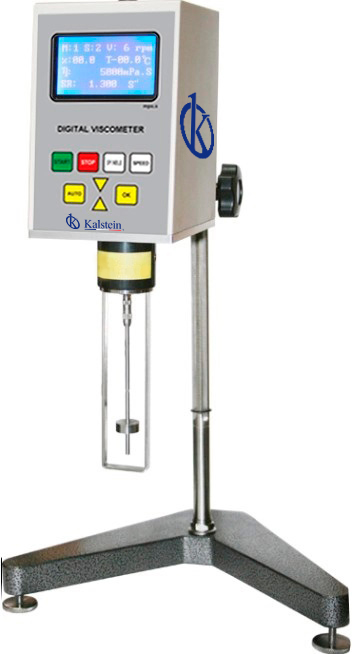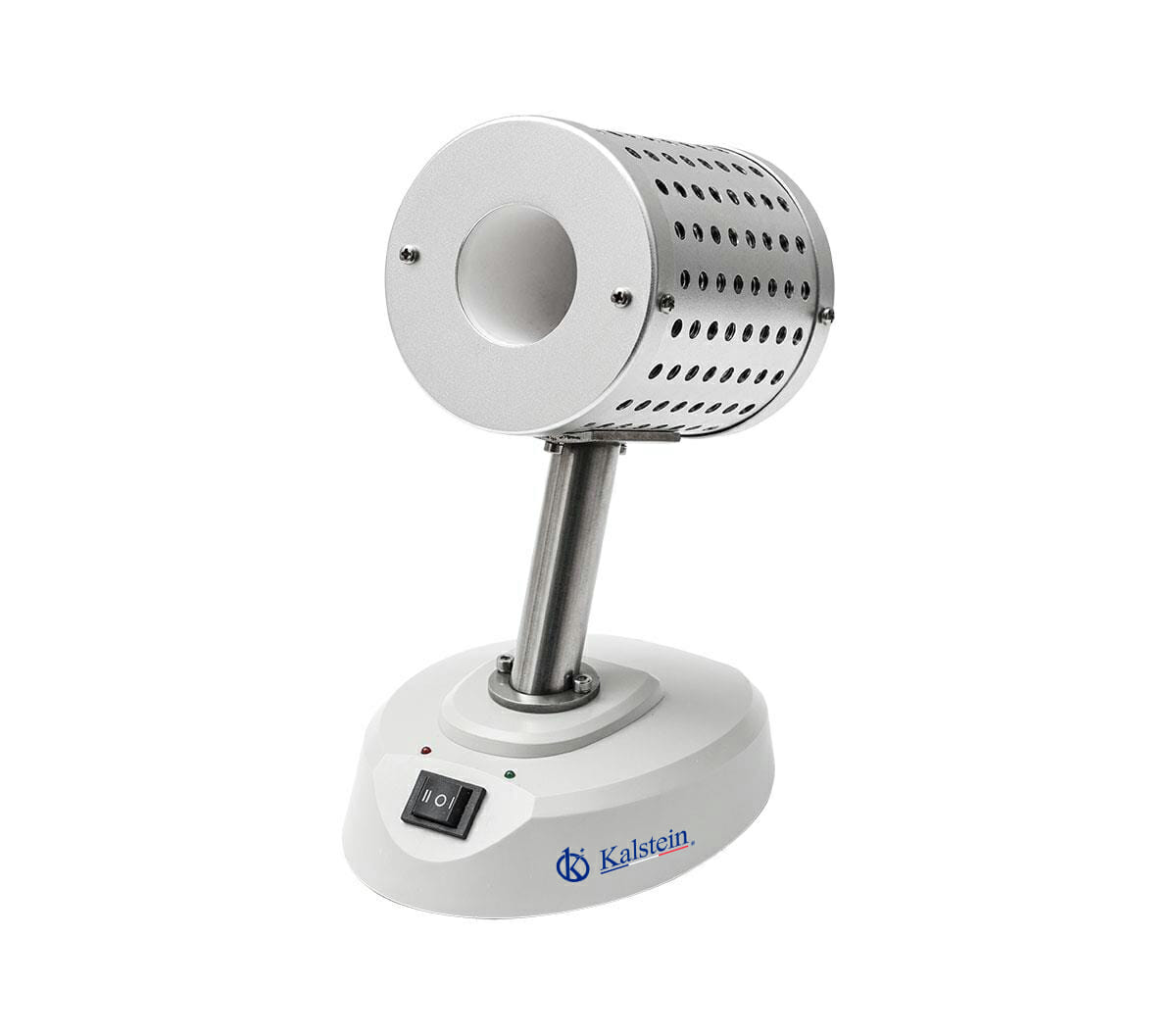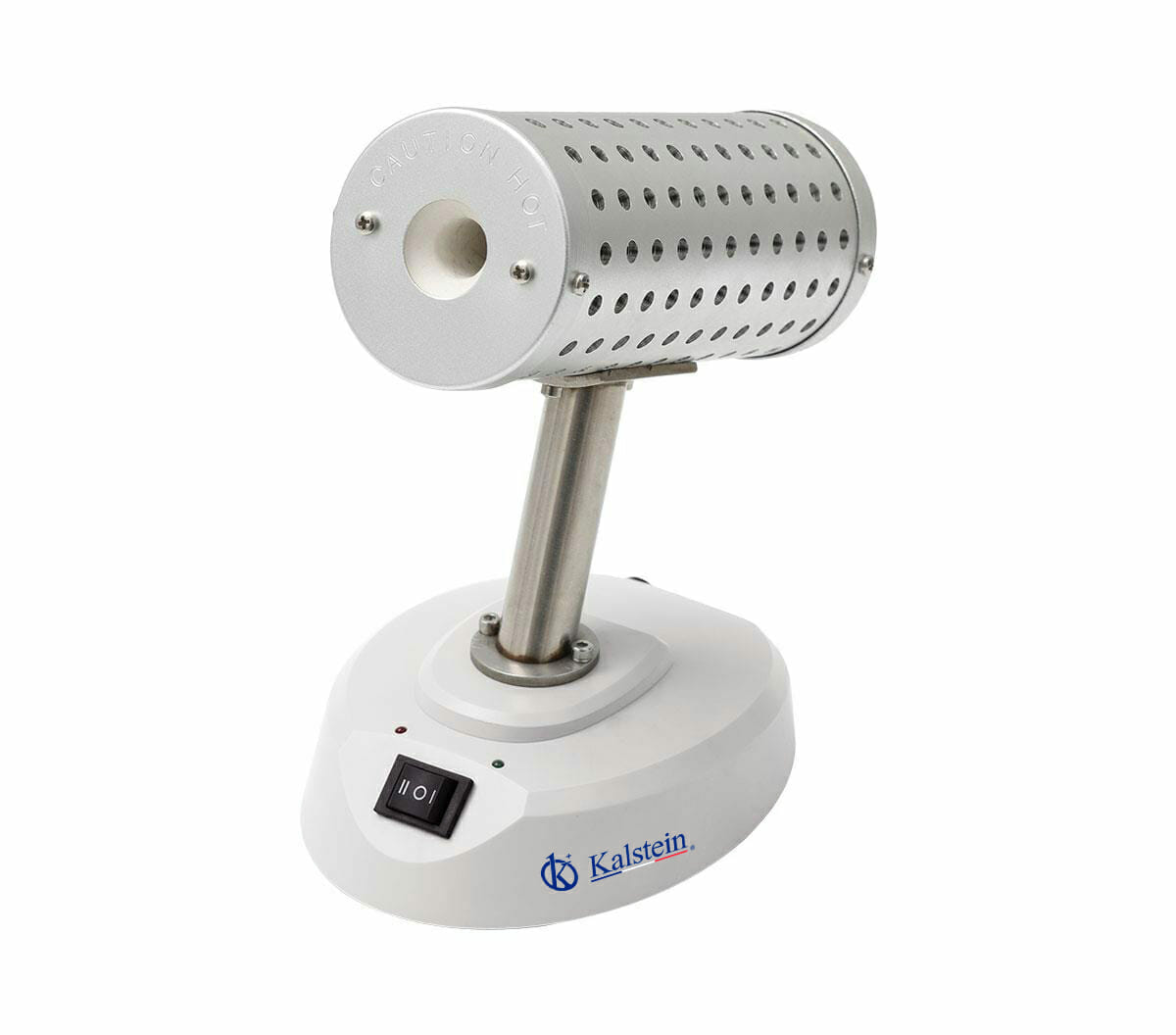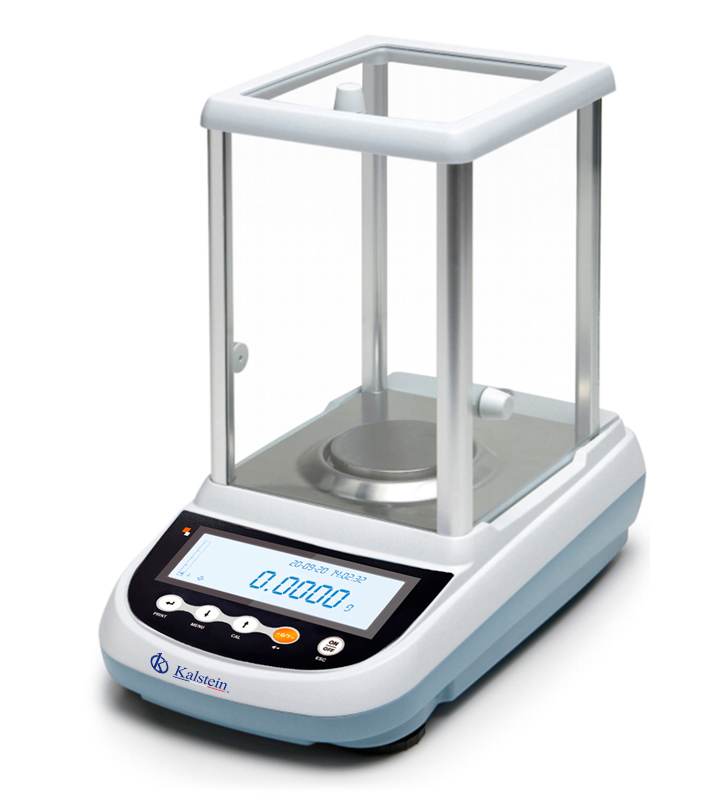Viscometers are a crucial device in scientific research and an instrument used to measure the viscosity of a liquid or solid. These devices are used in a wide variety of research, from chemistry and biology laboratories to engineering and food technology laboratories. Although there are several types of viscometers, they all share the same main principle of measurement. This tool is essential for many industries, as they are vital for optimizing production processes and improving end products.
Viscosity is defined as the resistance of a liquid or solid to flow. This property is a measure of the frictional force between surrounding molecules, i.e., the resistance to relative movement. A standardized viscometer is a measuring device used to determine the viscosity of a substance at a given temperature. It is used to measure the resistance to deformation of the material when subjected to external forces.
These devices are produced by various manufacturers with state-of-the-art technology, enabling researchers, engineers and chemists to obtain reliable and accurate measurements. The purchase of this equipment is fundamental, as it is a tool that helps in the development of new products and to ensure that production is under control. Given the high competitiveness among equipment manufacturers, it is possible that the price to be paid is relatively low.
How useful are viscometers for scientific research?
Viscometers are also an important tool for quality control of products, especially liquids. These instruments measure the behavior of liquids when subjected to certain flow conditions, such as external mechanical forces. These measurements allow manufacturers to identify product consistency, which helps them to rectify defects and obtain medicalized and compliant products.
They are also useful for scientific research, allowing scientists to study the viscosity of a liquid to understand its behavior at the molecular level. The same viscometers are used to determine the liquid permeability of materials such as foils, coatings, films and adhesive films. These measurements are also useful for the development of new materials and the improvement of existing ones.
There are many different types of viscometers, such as Hoppler, Zahn, Brookfield and Cannon-Fenske. These devices vary in their design and technology. Most viscometers are operated mechanically, although there are some more advanced models that use electronic devices. Some devices are equipped with an automatic measuring method that allows more accurate data to be obtained. These instruments are mainly used in industries whose liquid products have variations in viscosity.
The importance of viscosity measurements in industry
Many chemical substances are preferred to be of high viscosity, e.g., toothpaste, spreadable cheese or ketchup. Similarly, topical or body creams such as moisturizers should be highly viscous. Others, for example, are desired to be very fluid like beverages, liquid yogurts, liquid detergent, etc. Therefore, researchers can play with the composition of these substances, until the desired consistency is reached, in which case, viscosity measurements are a priority.
Finally, a viscometer is an indispensable device for accurate measurements in industry, in construction materials, liquids and solids. This tool is used to ensure product quality and control production processes. At the same time, viscometers are used in the scientific field to investigate the viscosity of liquids and to understand their behavior at the molecular level. Finally, viscometers allow reliable results to be obtained with accuracy and simplicity of operation. As such, these devices are an indispensable tool for scientific research.
Kalstein viscometers as research tools
The development of substances with desired fluidity values is possible with Kalstein viscometers. One of the most sought-after models can be mentioned, the Brookfield YR05861 // YR05863 Digital Rotating Viscosity Tester Viscometer, whose performance reveals high accuracy, automatic detection and a measuring range between 1 and 2 million cps. A more detailed description of our products and points of sale are available on the web sites HERE and HERE.




